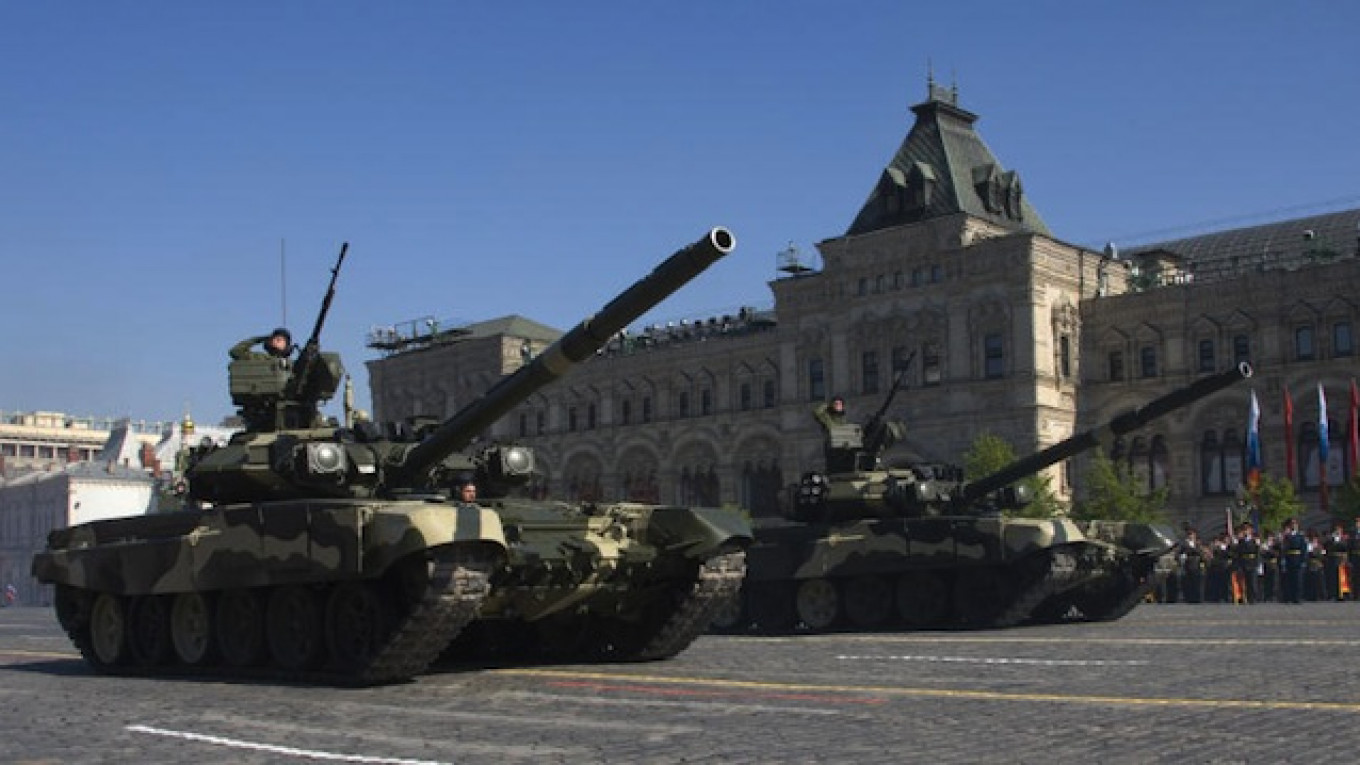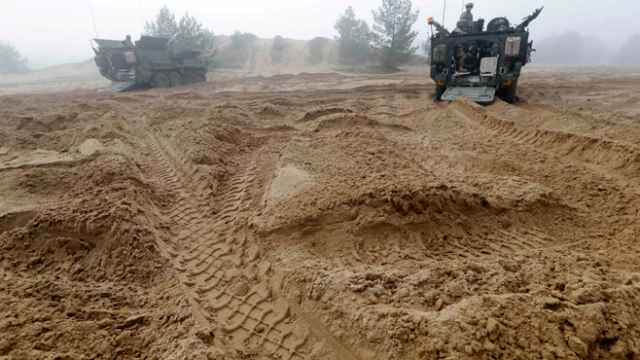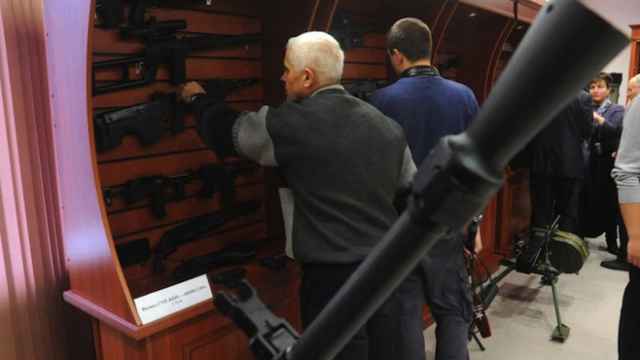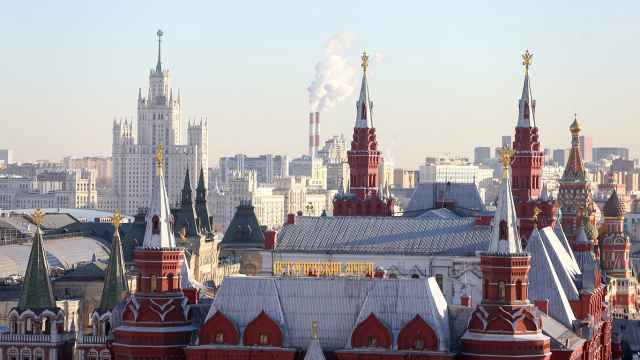Countries in Eastern Europe have reacted to perceived Russian aggression in Ukraine by hiking military spending, according to a report by the Stockholm International Peace Research Institute (SIPRI).
The impact of Russian actions in Ukraine on European military spending was foreshadowed at last September's NATO summit in Wales, when all members of the 28-nation alliance pledged to spend 2 percent of their gross domestic product on defense.
“The Ukraine crisis has fundamentally altered the security situation in Europe,” Dr. Sam Perlo-Freeman, the head of SIPRI's military expenditures project said in a statement Monday. However, seven months after the NATO summit, “the impact on military spending is mostly apparent in countries bordering Russia,” he said.
Economic austerity policies in Western Europe are driving down defense budgets among the continent's five biggest spenders — France, Britain, Germany, Italy and Spain, the SIPRI report said.
But nations with memories of life under communism, such as Poland and the Baltic states — Latvia, Lithuania and Estonia — have reacted with greater alarm to events in Ukraine, where Russia has annexed the territory of Crimea and backed separatist militias.
Poland is set to increase defense expenditure to 38 billion zloty ($9.9 billion), or about 2.1 percent of projected 2015 GDP, according to SIPRI. Polish defense spending has been on the rise for several years.
Estonia is raising its military budget by 7.3 percent to $436 million in 2015, according to SIPRI. Last year Estonia was the only NATO member to meet the two percent GDP pledge.
Latvia is increasing its budget by 14.9 percent over last year to $269 million. Lithuania is increasing by 50 percent to $450 million, according to SIPRI. Both figures are a little over 1 percent of the countries' GDPs.
Ukraine, which is not a member of the NATO alliance, increased its defense budget by 20 percent last year. This year, it is expected to double its military budget to 86 billion hryvna ($3.8 billion), but according to SIPRI most of this increase will either be spent on military pensions or sapped by rampant corruption in the ranks.
Ukrainian Defense Minister Yury Biryukov said in January that anywhere from 20 to 25 percent of all money allocated to Ukraine's military is stolen, Ukrainian news agency Ukrinform reported, citing an interview given to the Channel 5 television station.
Meanwhile, Russia's spending will increase by 15 percent in 2015 to 4 trillion rubles ($76 billion).
A Message from The Moscow Times:
Dear readers,
We are facing unprecedented challenges. Russia's Prosecutor General's Office has designated The Moscow Times as an "undesirable" organization, criminalizing our work and putting our staff at risk of prosecution. This follows our earlier unjust labeling as a "foreign agent."
These actions are direct attempts to silence independent journalism in Russia. The authorities claim our work "discredits the decisions of the Russian leadership." We see things differently: we strive to provide accurate, unbiased reporting on Russia.
We, the journalists of The Moscow Times, refuse to be silenced. But to continue our work, we need your help.
Your support, no matter how small, makes a world of difference. If you can, please support us monthly starting from just $2. It's quick to set up, and every contribution makes a significant impact.
By supporting The Moscow Times, you're defending open, independent journalism in the face of repression. Thank you for standing with us.
Remind me later.






